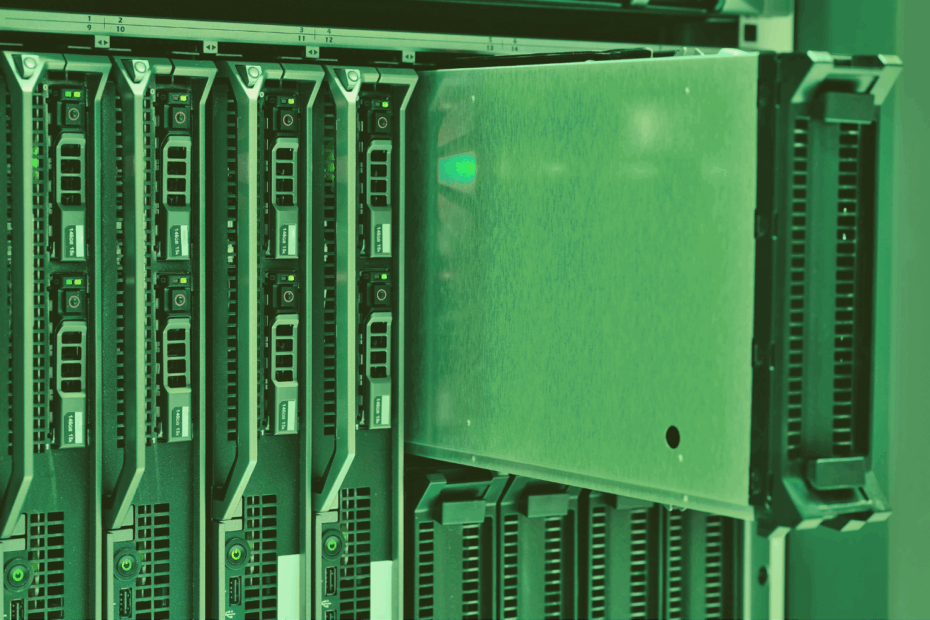Dedicated or Shared Servers: Which One’s Right for Your Business?
Choosing the right server solution can make a big difference to how efficiently your business operates online. Whether you’re hosting a website, running applications or managing data, it all comes down to the server that powers it behind the scenes. At Edmondson’s, we know that every business has unique needs, so understanding the difference between shared and dedicated servers is essential before making any decision.









